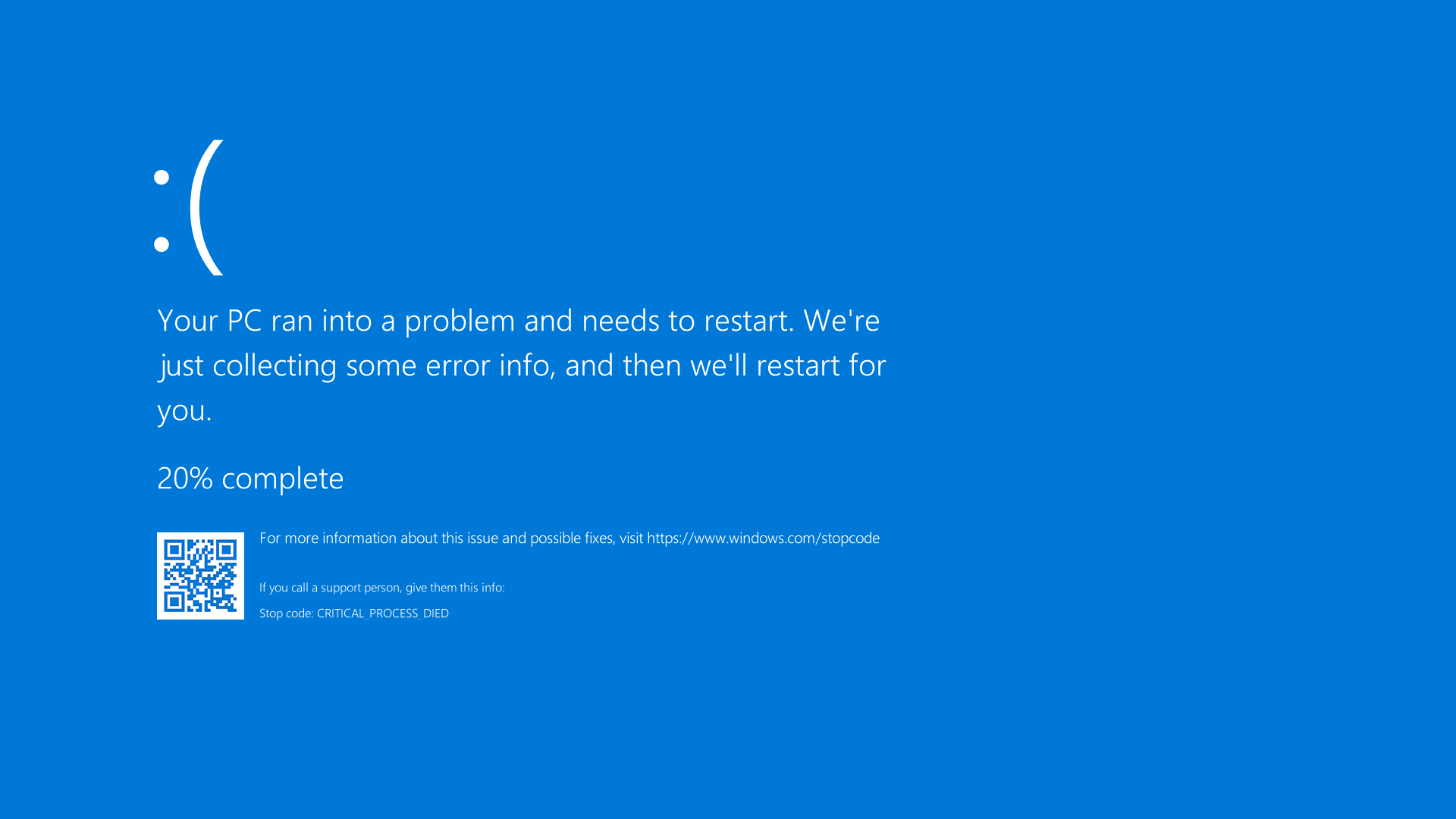Or...

But this is quite the bold statement: All the world’s current computers operating together can’t do what a one-million-qubit quantum computer will be able to do.
Of course, they don't mention the nefarious uses that Bill Gates could put topoconductors to.
Bill Gates is no longer at Microsoft.
Quantum computers orders of magnitude faster than and can solve problems beyond capability of conventional ones.
When I saw Majorana” I thought it said “Marijuana”.
8^)
Or...

Supposedly qbits can take on multiple states (values) at the same time and you don’t know what state (value) it is in until you read it.
So how do you store a “1” in it and then be 100% confident that you can read it back if the values in it change according to some probability function?
The computers that we use today are based on microscopically small transistors set to one or zero as they process problems. Quantum computers instead use the indeterminate nature of matter at the quantum level as either waves or particles to compute problems using new programming algorithms and techniques.
Dig a little deeper into how quantum computers work and one falls into the perplexing world of quantum mechanics, which can be described but not fully understood. As physicist Richard Feynman said, "I think I can safely say that nobody understands quantum mechanics." The equations of quantum mechanics work to a high degree of precision but do not yield a satisfactory overall understanding of physical reality.
The development of quantum computing chips by Microsoft and others though is expected to lead to new insights and advances into materials and other fields. New products and services will become possible. Quantum chips will also help spur artificial intelligence.